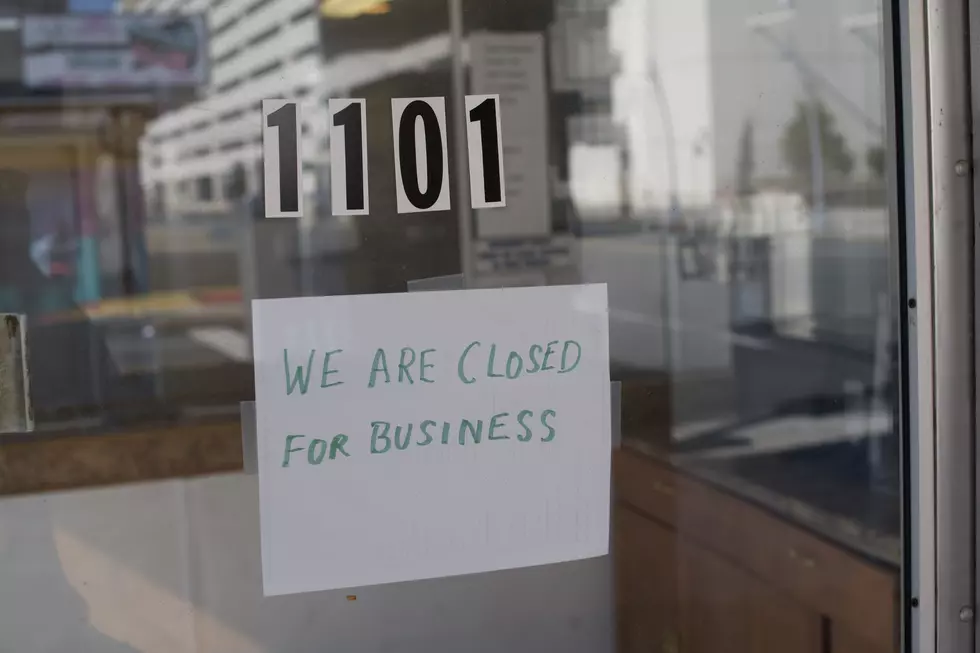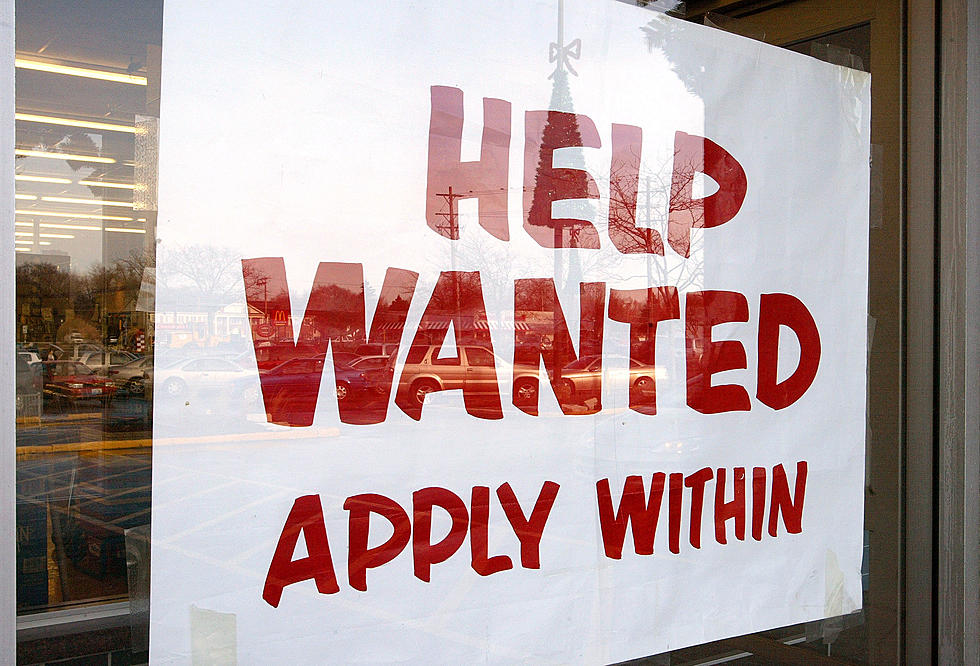
Pain, labor shortage, likely to be long term in NJ
While New Jersey's economic recovery continues, it is being hampered by a worker shortage.
On Thursday night, I hosted a New Jersey 101.5 Town Hall broadcast on the worker shortage. Our featured panelists included: Peter Chen, Senior Policy Analyst, New Jersey Policy Perspective; Chrissy Buteas, Chief Government Affairs Officer, NJBIA; and noted New Jersey Economist, Dr. James Hughes. We explored the reasons why many are refusing to go back to work.
You can see a replay of the Town Hall here.

Buteas says she hears from businesses all the time that claim workers refuse jobs because they make more staying home collecting enhanced federal unemployment benefits. She promoted the idea of cash incentives to get more people working. We heard from a number of business during the program, including noted restauranteur Tim McCloone, who said they have significantly raised wages to increase hiring.
Many in our Facebook Live chat were harshly critical of the enhanced UI benefits, insisting people were lazy and taking advantage of the system. When I pressed Chen about it, he rejected that notion. "If that hypothetical person you mention exists," Chen said, "I've never spoken to one." He insisted low wages, health and safety concerns, and a lack of child care were the biggest factors contributing to a labor shortage.
Perhaps the biggest takeaway from the program, was the seismic shift taking place in New Jersey's economy as a whole. Economist James Hughes says all "industries are going to have to reinvent themselves." He says the shift was already beginning, but the pandemic and the labor shortage is like "pouring gasoline on a fire."
Hughes predicts many of the lower wage unskilled labor jobs will be replaced by technology as businesses try to save costs and adjust to provide the rest of the workforce higher wages and benefits.
The transition will be easier for some, than others and pointed to how quickly the white collar sector adapted to remote working.

The change, Hughes says, will take years. "We could be into an era where the economy is going to completely reinvent itself," he said, "There will be growing pains."
In the short term, all of our panelists agreed government intervention will be needed, but disagreed on what that should look like. While Chen and Buteas agreed job training was essential and more help was needed for community colleges, they differed on whether or not workers should be incentivized to reenter the workforce.
All agreed, however, that New Jersey business owners, especially small business owners, are incredibly resilient and inventive, and most will be up to the task of transforming into the new economic era.
The Jersey Shore Businesses We've Lost During COVID
More From 92.7 WOBM










